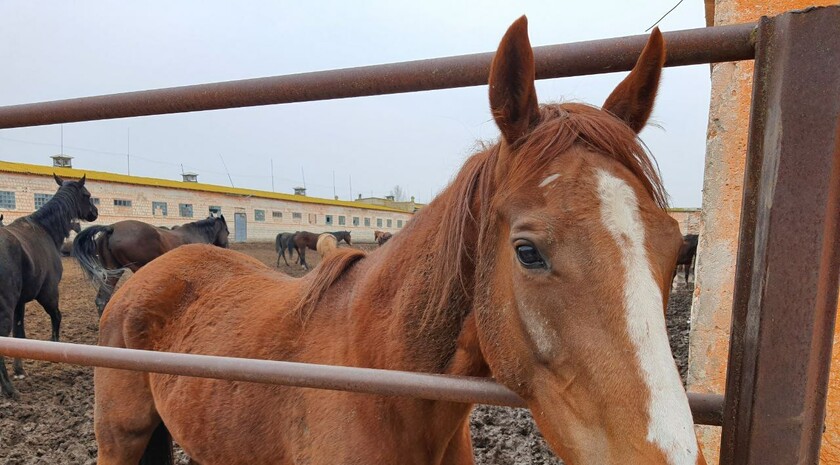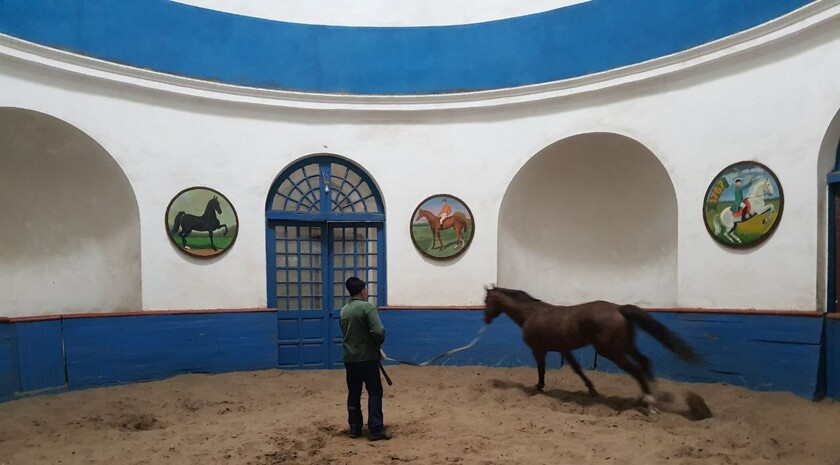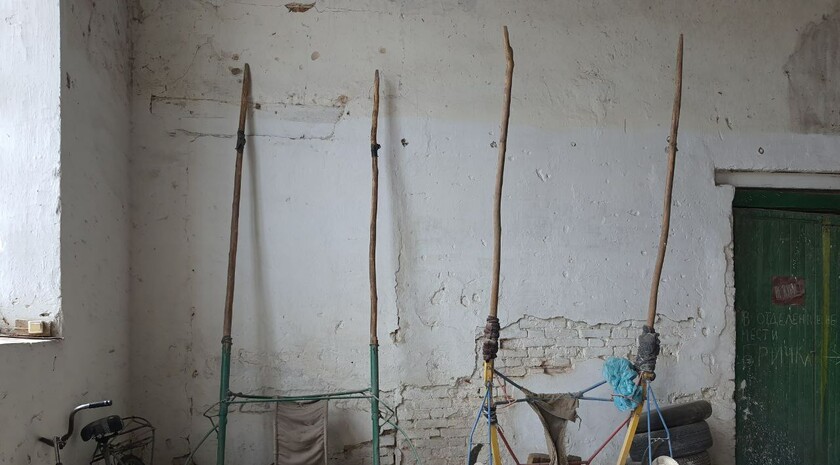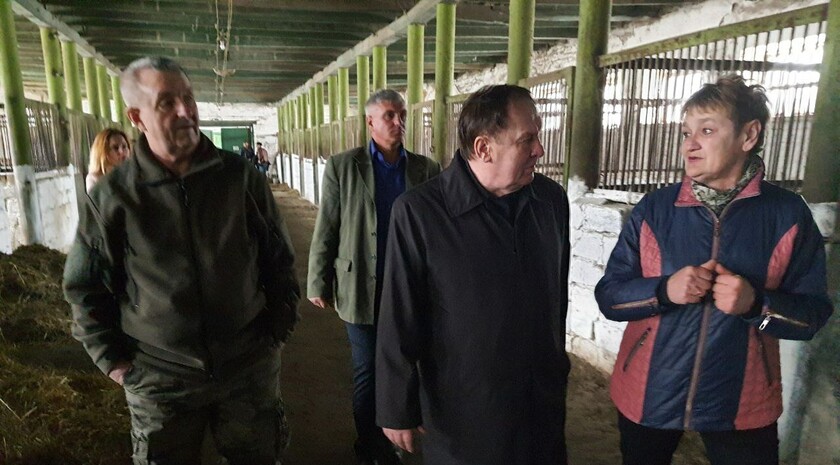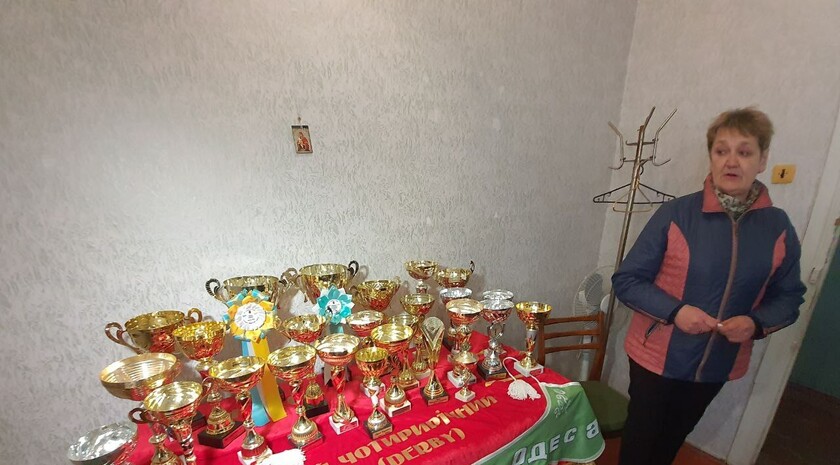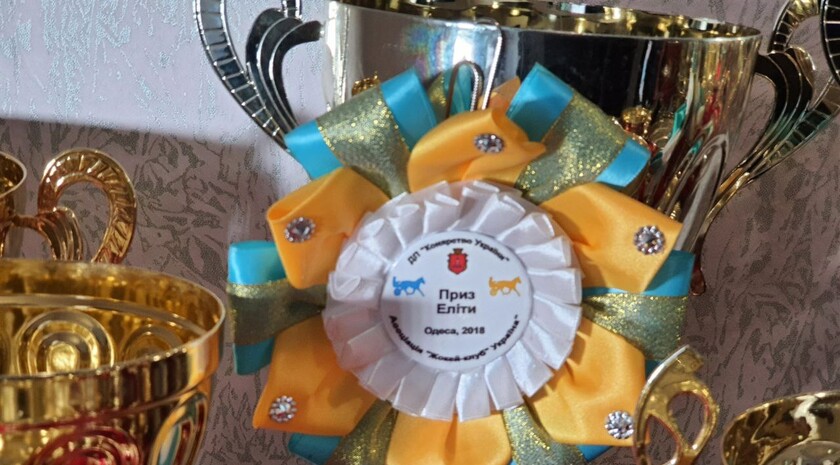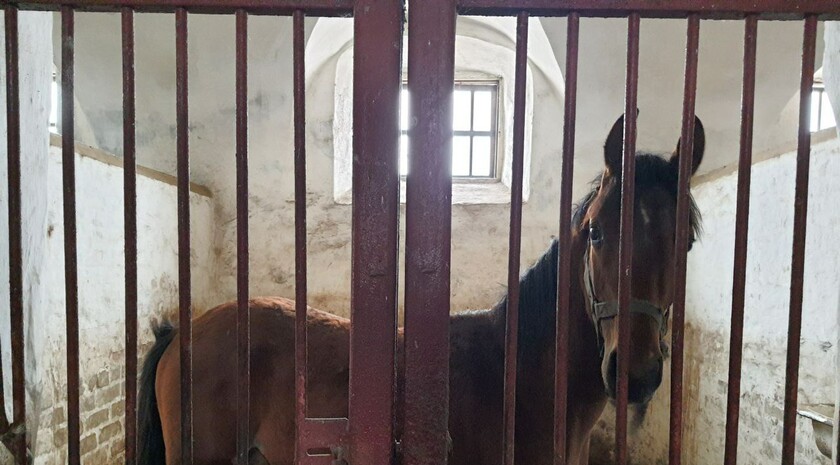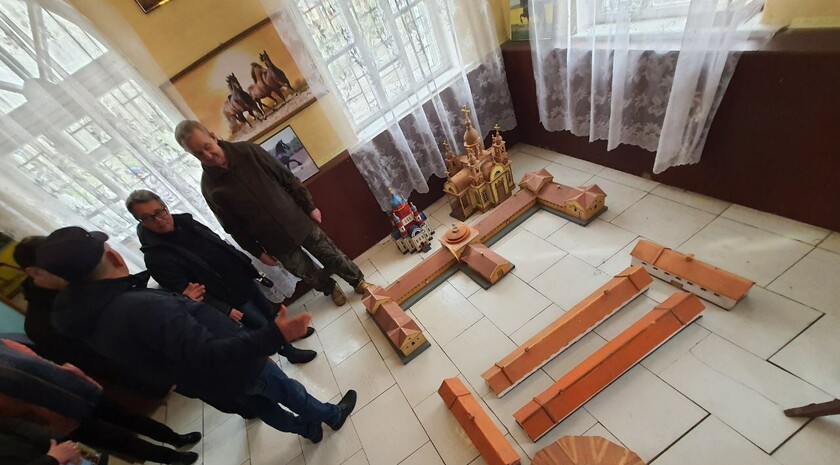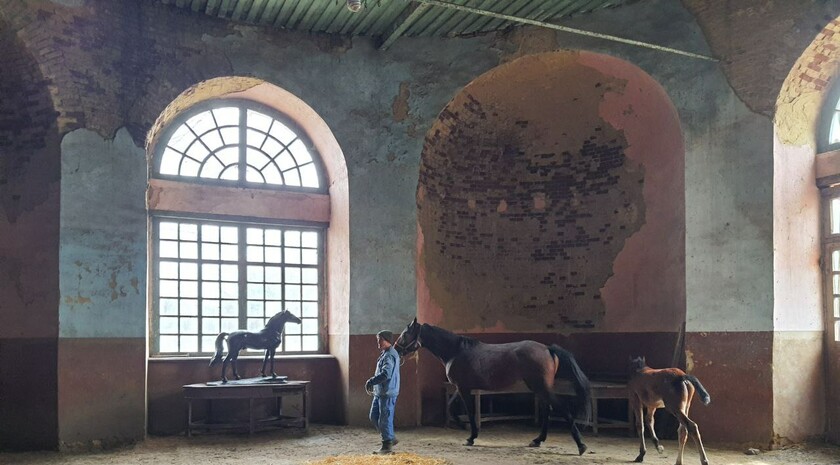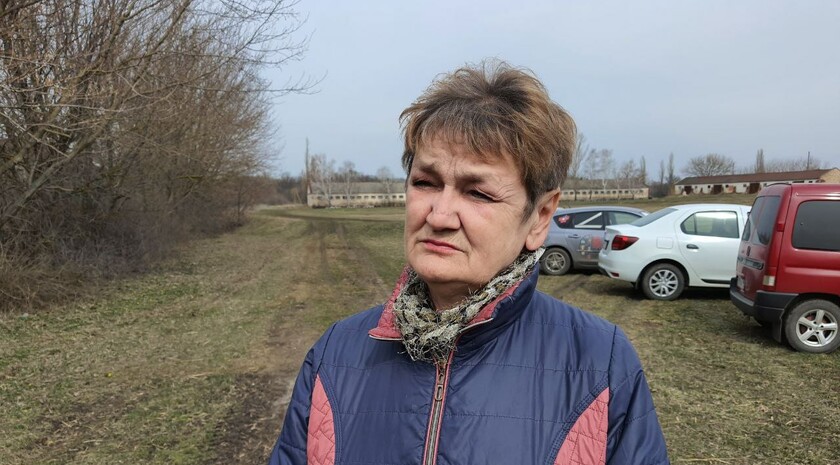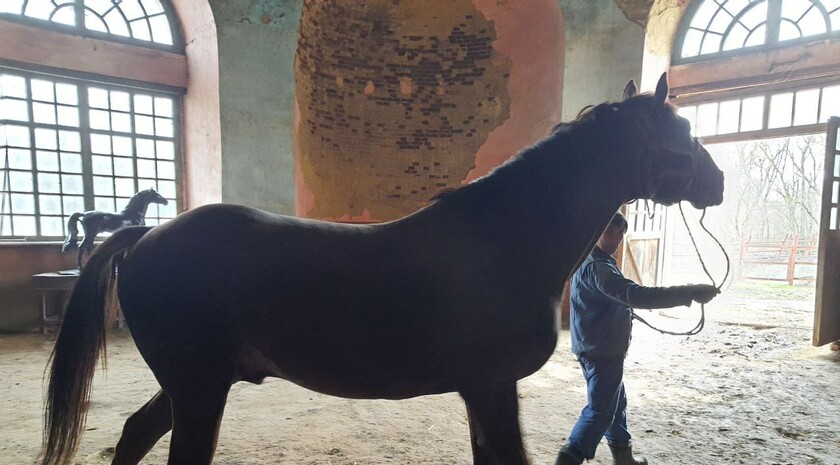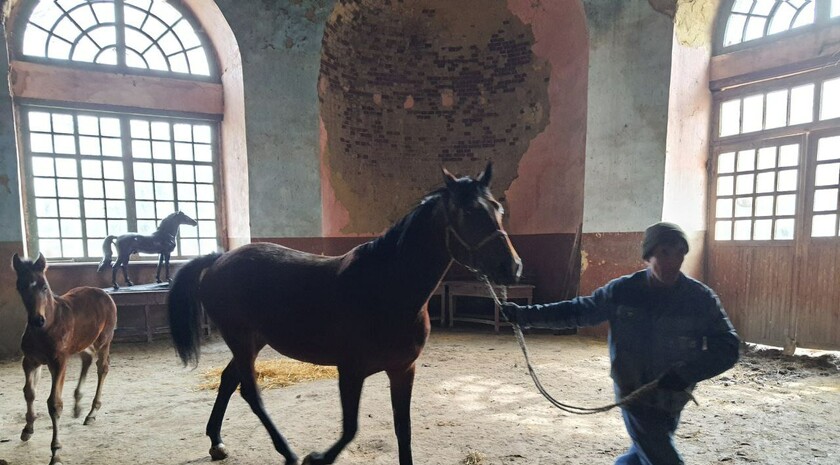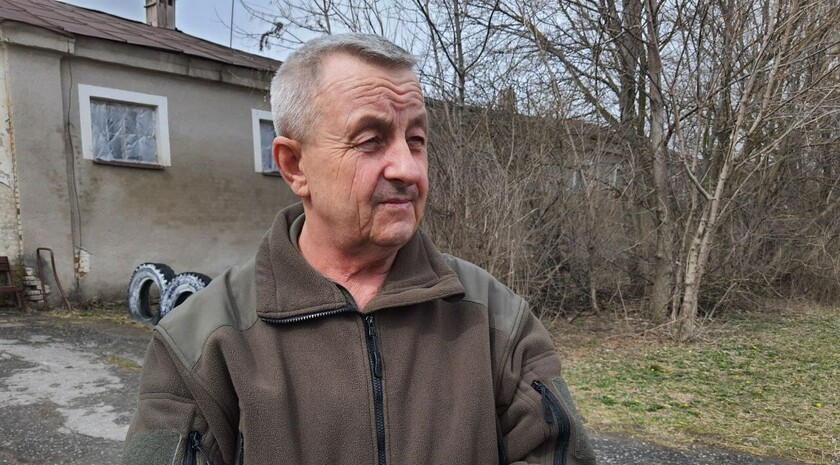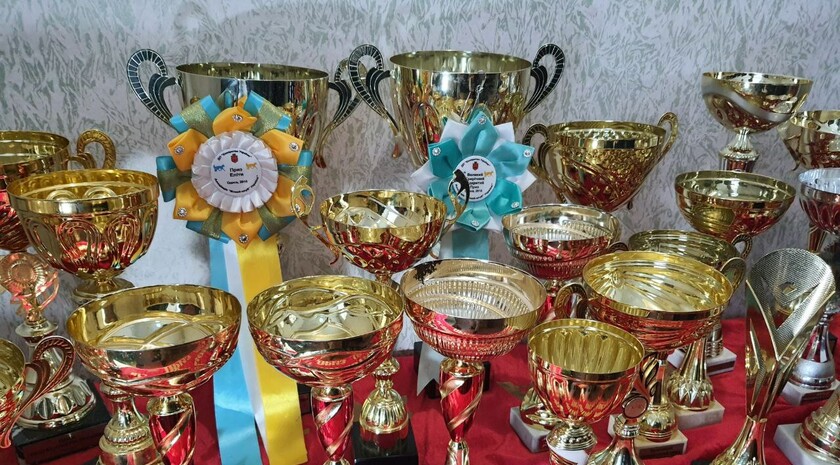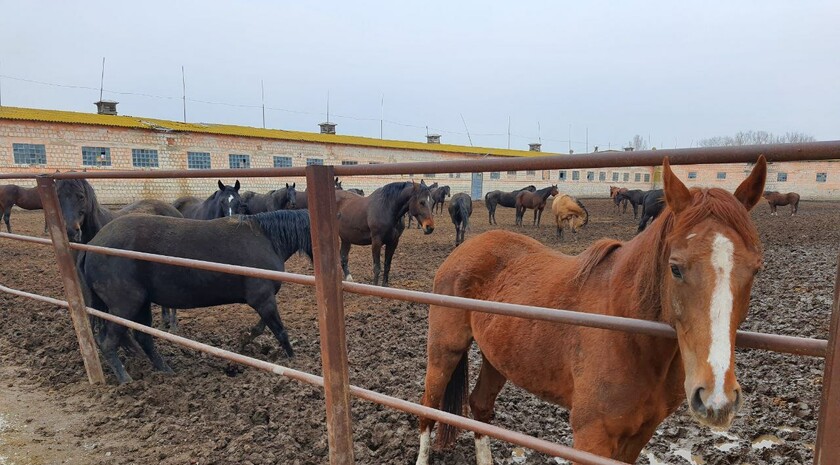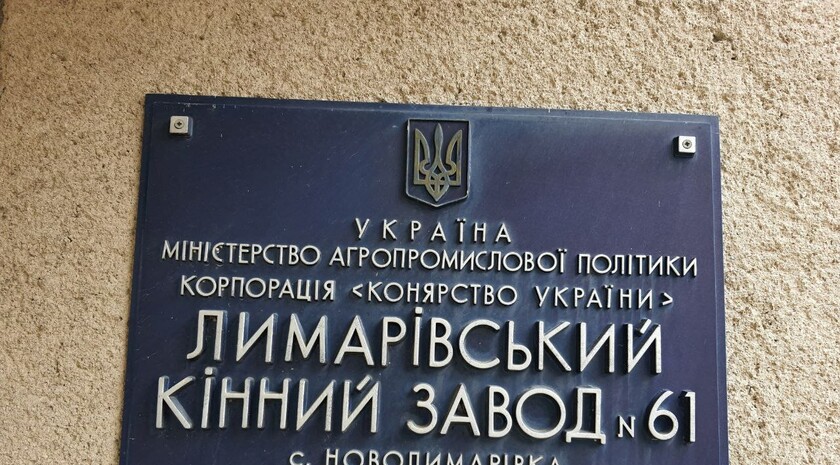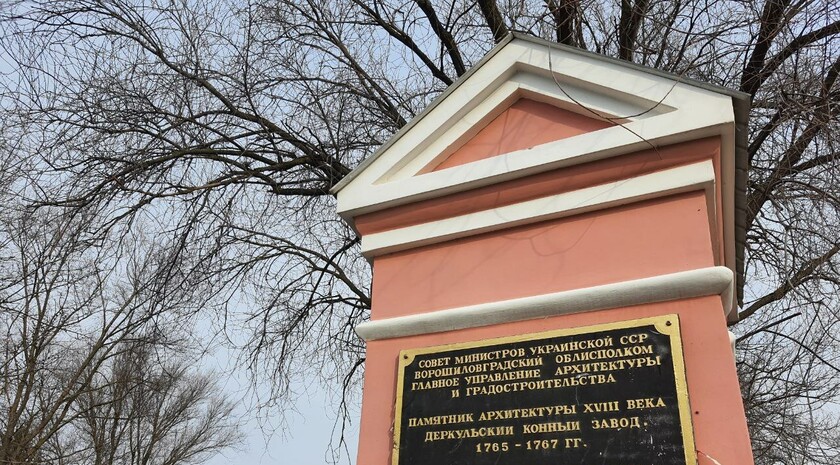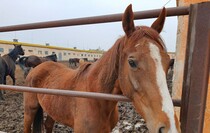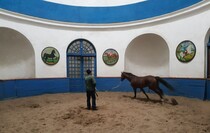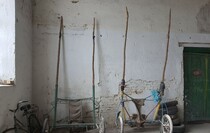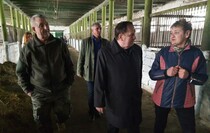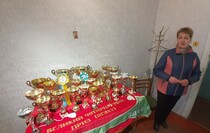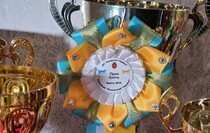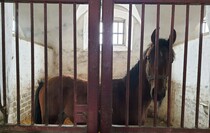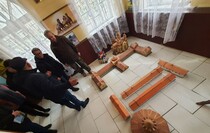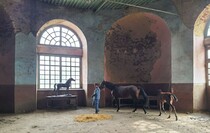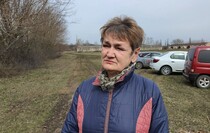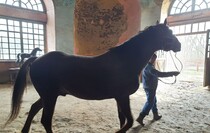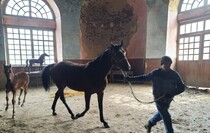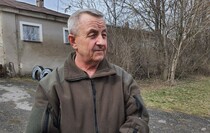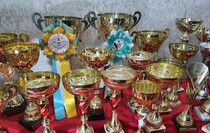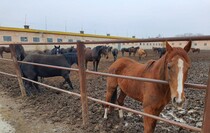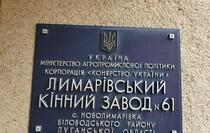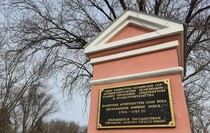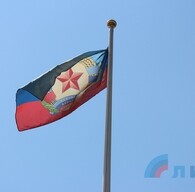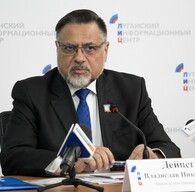The Lugansk People’s Republic will help revive Belovodsk district horse-breeding farms brought to ruin by the Kiev regime, LPR Agriculture and Food Minister Yury Pronko said in the course of his visit to local companies.
The district has three state-owned stud farms in the villages of Derkulskoye, Limarevka and Novoalexandrovka.
“Though the companies are there, the Ukrainian state has regrettably been ruining them for the past three decades,” Pronko said adding that during all these years of independence, Ukraine had never re-equipped the horse-breeding farms, never repaired stables or other structures.
“Nevertheless, the businesses have preserved the gene pool and much needed personnel. We’ll involve our scientists; today, the rector of our (Lugansk State) Agrarian University (Vadim) Matveyev is visiting with you; with integration in the Russian Federation horse-breeding, I’m confident that these animals will be in demand after a certain time,” the minister said as he was inspecting the Limarevka horse-breeding farm.
Acting company director Lyubov Samoltseva said that when the district was part of Ukraine, its horse-breeding farms had to rely on themselves although they were owned by the state.
“We have not received any funding for the past ten years,” Samoltseva said. “That’s why everything is so rundown; people work on bare enthusiasm.”
The acting director said that the farm keeps some 200 adult horses of the Orlov and Russian breeds.
“We hope that things will get going with the advent of Russia because even at that time of isolation when we were in the other (Ukrainian) state, we had visitors from Rostov and even from the Voronezh and Kaluga regions who wished to buy horses. But as we were two separate states we could sell nothing and sold everything to meat packing plants,” she said.
On February 24, Russian President Vladimir Putin announced a special military operation in Donbass to protect residents of the region from Ukrainian aggression. Earlier, the Heads of the Lugansk and Donetsk People’s Republics, Leonid Pasechnik and Denis Pushilin, requested Russian President Vladimir Putin to provide military assistance. As of now, some 80 percent of the Lugansk People’s Republic territory is liberated from Ukrainian forces.
The Ukrainian government launched the so-called anti-terrorist operation against Donbass in April 2014. The members of the Contact Group have agreed more than 20 ceasefires since the autumn of 2014. Kiev forces regularly violated the truce opening fire with large caliber artillery, mortars and tank guns which were to have been withdrawn from the contact line under the accords. *i
